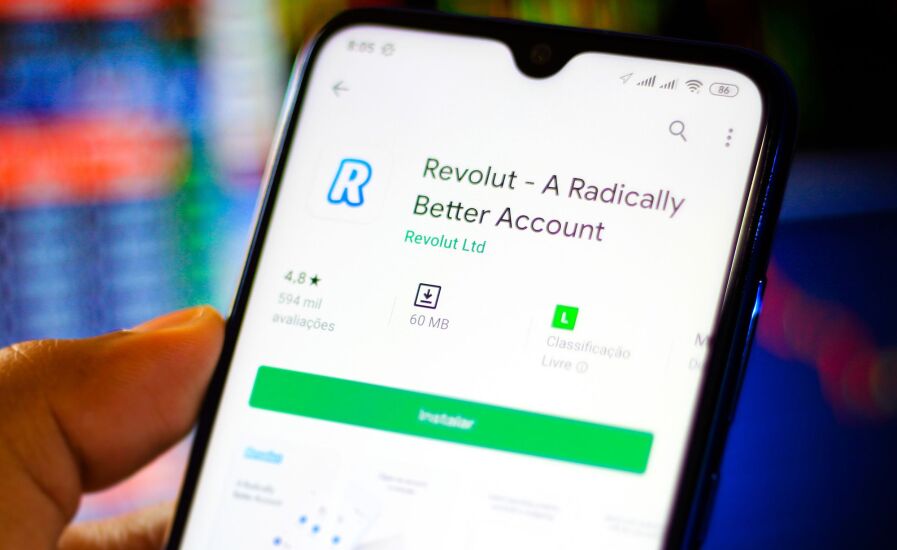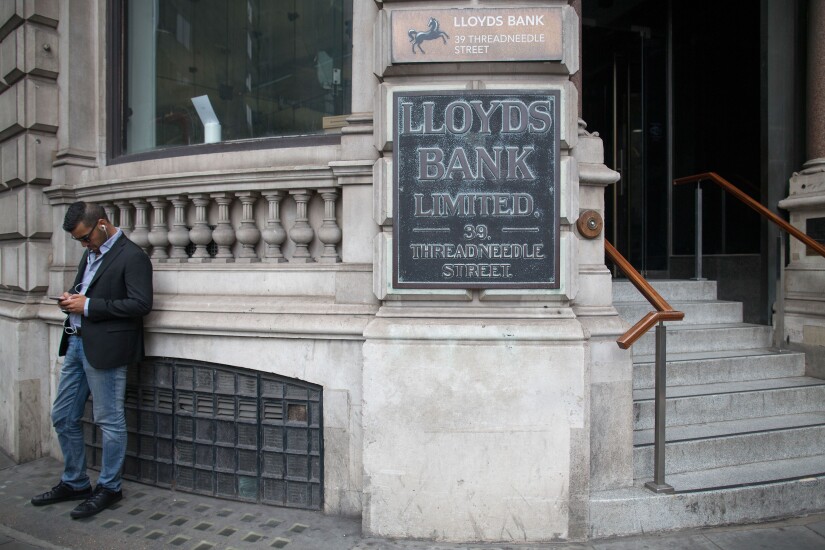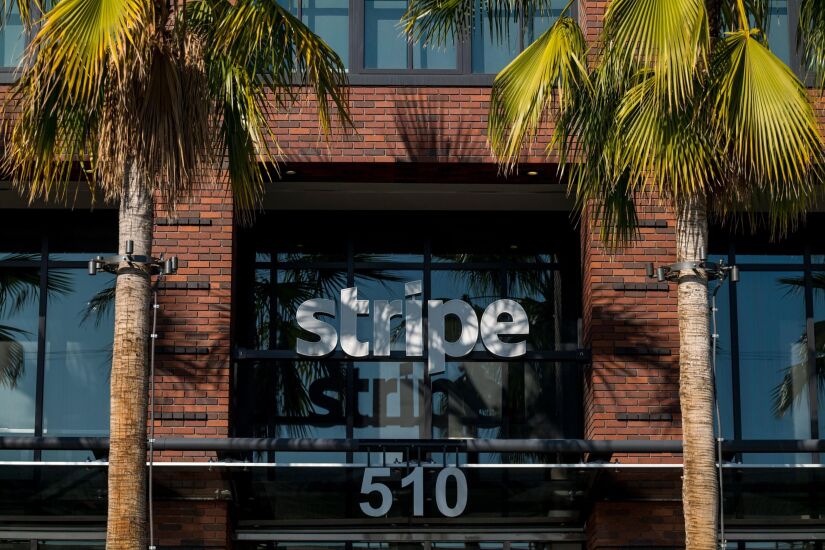Singapore's regulators grant payment licenses to Ripple and Coinbase, Stripe expands pay-by-bank in Africa, U.K. regulators pressure Revolut and more in this week's global financial news roundup.

Ripple gets license from the Monetary Authority of Singapore

… and Coinbase gets a green light too

Revolut faces U.K. probe over suspicious accounts

Binance, MUFG to develop stablecoin in Japan

Lloyds Bank debuts federated digital ID

Stripe-owned Nigerian fintech launches pay-by-bank technology

Miami-based remittance firm teams with African money-transfer specialist

Westpac integrates its subsidiaries' branches

CBA using gamification to boost kids money app

Brazil to cap credit card rates averaging 450% at 100%
Brazil's interest rates on revolving credit have skyrocketed to an average of almost 446%, their highest level since 2017, according to data compiled by the central bank. Household debt remains near record highs, with outstanding loans representing almost half of disposable income. About 28% of monthly wages is used to repay some sort of debt, from credit cards to mortgages. —Daniel Carvalho, Bloomberg News





